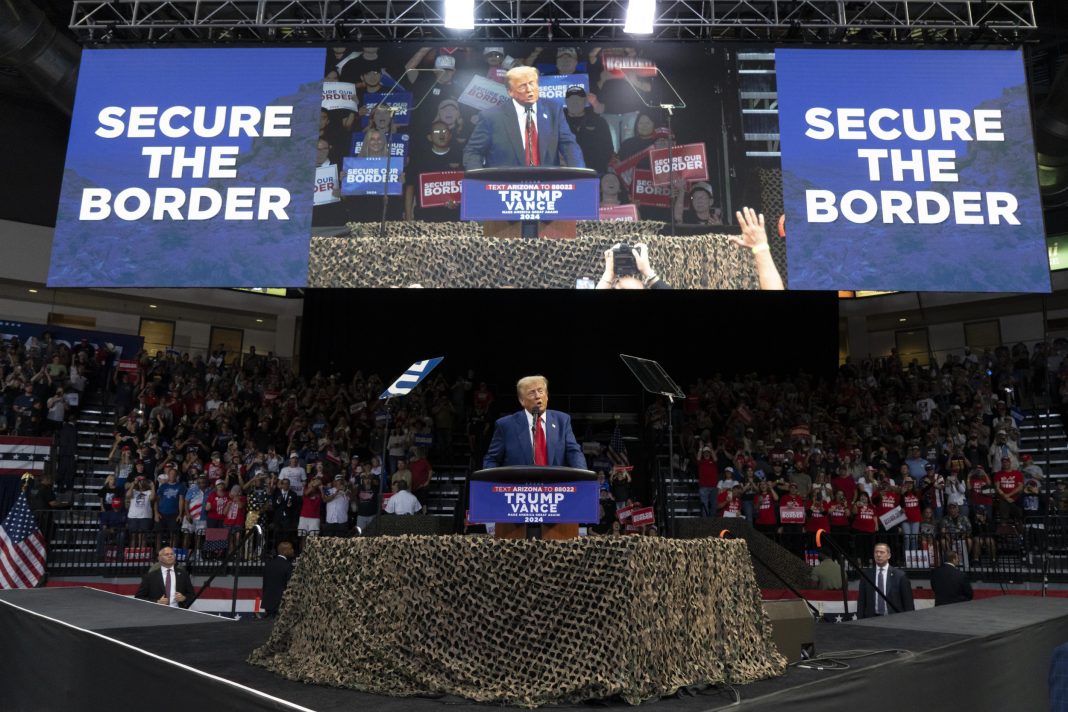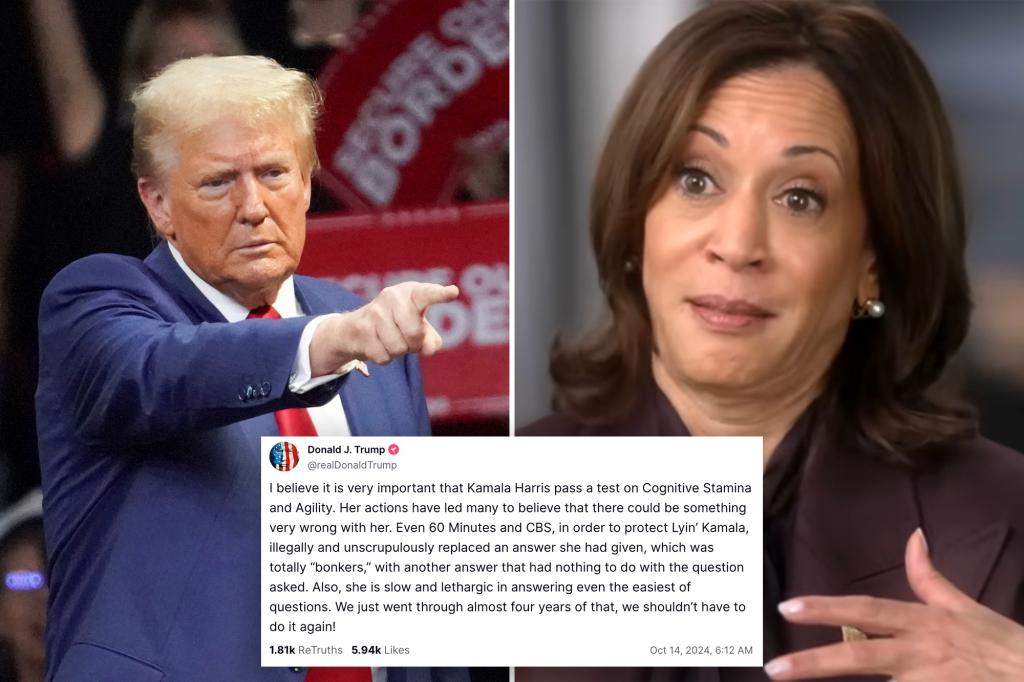Trump vs. Harris: Diverging Paths for India-U.S. Relations in 2024
As the 2024 U.S. presidential election approaches, the stark contrasts between former President Donald Trump and Vice President Kamala Harris are becoming increasingly evident, particularly in their visions for foreign policy. Trump’s “America First” approach emphasizes transactional diplomacy, while Harris champions a commitment to liberal internationalism. However, both candidates may struggle to significantly enhance the strategic relationship between the United States and India, a partnership that has been both promising and fraught with challenges.
The Trump Approach: Transactional Diplomacy
Trump’s foreign policy has often been characterized by a transactional mindset, where relationships are built on immediate benefits rather than long-term commitments. This approach might allow for a temporary easing of tensions with India, especially given the country’s ongoing ties with Russia and its membership in the BRICS coalition, which some view as counter to U.S. interests. While Trump may avoid confronting India over these issues, his reluctance to push for a deeper strategic partnership could leave the relationship stagnant.
Moreover, Trump’s past actions, such as overlooking India’s purchase of Russian S-400 air defense systems, suggest that his administration might prioritize short-term gains over long-term strategic alignment. This could result in a lack of progress in decoupling India from its reliance on Russia, particularly as India seeks to balance its relationships with both the U.S. and China.
Harris’s Liberal Internationalism: A Tougher Stance
In contrast, Harris’s approach is likely to emphasize human rights and a more critical stance on India’s ties with Russia and BRICS. While this could align with U.S. values, it risks creating friction, especially given India’s insistence on maintaining its strategic autonomy. Harris’s past criticisms of Modi’s government, particularly regarding human rights and the Kashmir issue, could lead to increased tensions if she chooses to prioritize these concerns in her foreign policy.
However, Harris’s commitment to strengthening alliances and addressing global challenges could also provide a framework for deeper cooperation with India, particularly in the Indo-Pacific region. Yet, the challenge remains: how to balance these ideals with the realities of India’s domestic politics and its complex international relationships.
The Underlying Issues: Trade and Democracy
Both candidates, despite their differing approaches, seem to overlook the deeper structural issues that continue to impede a more meaningful India-U.S. alliance. Trade disputes have long been a thorn in the side of this partnership. While recent resolutions at the World Trade Organization (WTO) offered a glimmer of hope, the potential for renewed tensions looms large, especially if Trump’s protectionist policies resurface.
On the democratic front, India’s increasingly authoritarian tendencies under Modi raise concerns about the shared values that are supposed to underpin the India-U.S. relationship. With rising Hindu nationalism and crackdowns on political dissent, the question remains: how will either candidate address these issues? Harris’s focus on human rights could strain relations, while Trump’s supportive stance toward Modi might create a less stable foundation for future cooperation.
Geopolitical Dynamics: The China Factor
At the heart of the India-U.S. partnership is a shared concern over China’s rising influence. Both Trump and Harris recognize the threat posed by China, but their approaches differ. Harris is likely to continue Biden’s policies of strengthening alliances and maintaining a tough stance on Chinese trade practices, while Trump’s erratic approach could create uncertainty for India.
India’s strategic interests may compel it to navigate its relationships carefully, balancing ties with both the U.S. and China. The prospect of a more conciliatory U.S. approach toward China under a Harris administration could be particularly concerning for India, which fears being sidelined in regional dynamics.
Looking Ahead: The Future of India-U.S. Relations
Regardless of who wins the election, the fundamental security interests binding the U.S. and India are unlikely to dissolve. However, both Trump and Harris face significant challenges in strengthening this partnership. Without a clear strategy to address trade, democracy, and India’s role in BRICS, there’s a risk that existing tensions will escalate, and opportunities for deeper cooperation may slip away.
As the election draws closer, it’s clear that the future of India-U.S. relations will depend not only on the candidates’ visions but also on their ability to navigate the complex realities of international politics. Whether it’s Trump’s transactional approach or Harris’s commitment to liberal values, the path forward will require careful consideration of the multifaceted relationship between these two nations.



